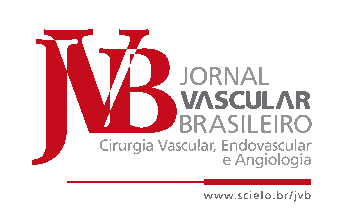Development of cardiovascular diseases (CVD) has been linked with changes to the lipid profile that can be observed during the postprandial period, a phenomenon known as postprandial lipemia (PL). Physical exercise is currently the number one non-pharmacological intervention employed for prevention and reduction of risk factors for the development of CVD. This in turn has created a growing interest in the effects of physical exercise on regulation and equilibrium of lipid metabolism. In this review we compare the results of studies that have investigated the beneficial effects of strength training on PL. We analyzed articles identified in the PubMed, Scopus and EBSCO databases published from 1975 to 2013 in international journals. Studies were selected for review if they covered at least two of four keywords. The results of these studies lead to the conclusion that strength training is effective for reduction of postprandial lipemia because it increases baseline energy expenditure. This type of training can be prescribed as an important element in strategies to treat chronic diseases, such as atherosclerosis.
strength training; lipoproteins; atherosclerotic plaques; lipoprotein lipase

